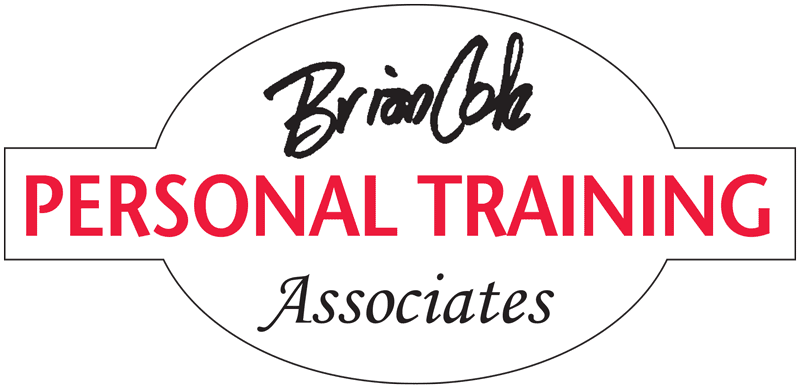Due to printing and publishing schedules you’re reading this in March but I’m writing it in early January. So New Year’s resolutions are still on my mind. And by March, there’s a good chance they’re not still on yours. Reality has surfaced and old habits have crept back into your life. This is natural, normal, predictable. One reason frequently given is that progress hit a “plateau” so motivation slowed.
While plateaus in strength training do occur, we have different ways to address them (varying the workouts in sequence, in intensity, adding new angles,). But I’m referring to “plateaus” in reducing body fat (to be politically correct I should say “weight loss” because mentioning “fat” is supposedly insensitive to the self-image overweight folks are dealing with). I prefer being direct. I’ve found that being direct focuses and clarifies the challenges. There is a very low percentage of success in losing body fat and keeping it off, so I’m speaking to those who are similar to people I’ve been successful helping. And they handled “direct.”
“Plateaus” in reducing body fat, in weight loss, are misunderstood and not plateaus at all. When we make major changes in our dietary habits and our activity levels, we enjoy major results. But our bodies adapt to our new changes, and that is often read as a sign of our improvement slowing. It can understandably be discouraging. This is tough on motivation.
We had significant success but then it started leveling off. Major changes brought major results. But at some point there are no more major changes to make. Reality sets in. Our bodies adapted, so now we have to adapt—to slow, steady measurable improvement. Short-term goals that are met become long-term goals if we stick with it. I’m saying simply you have not hit a plateau. You are still moving steadily toward where you want to be. Stick with it.
Now, moderation. We’ve all heard and many have said: “Everything in moderation.” I understand that is meant to counteract being obsessive, too rigid, too driven. But obviously things like murder, child abuse, injecting heroin, etc., are not best allowed “in moderation.” Neither is allowing behaviors that keep us from working toward goals that will make us feel better, move with less discomfort or pain, have more energy and regain our overall health. Moderation is way too often just a cop-out. It’s for those who can’t or won’t act with self-discipline, who aren’t taking charge of their lives, who aren’t making the changes they want—and need—to make. Moderation is for after we’ve fully achieved our goals.
Just one beer for an alcoholic, just one hand of poker to appease a gambling addiction, one donut for the person struggling with the consequences of obesity, just one potato chip for me—these are not examples of moderation. They’re examples of weak-willed, undisciplined self-destructive choices. The potato chip may be on a different level but my point is lower level choices are like practice. They strengthen us for the tougher challenges. And we each have our tougher challenges. Moderation is not the way to face ’em. Moderation will not get us where we want to be. Moderation is an avoidance, an excuse.
I hope my columns are helpful. Personal fitness training gives me the opportunity to help others achieve their goals and keeps the pressure on me to work toward mine. It is much more than the best imaginable career; it is a great way to live. I’m a very thankful man.

